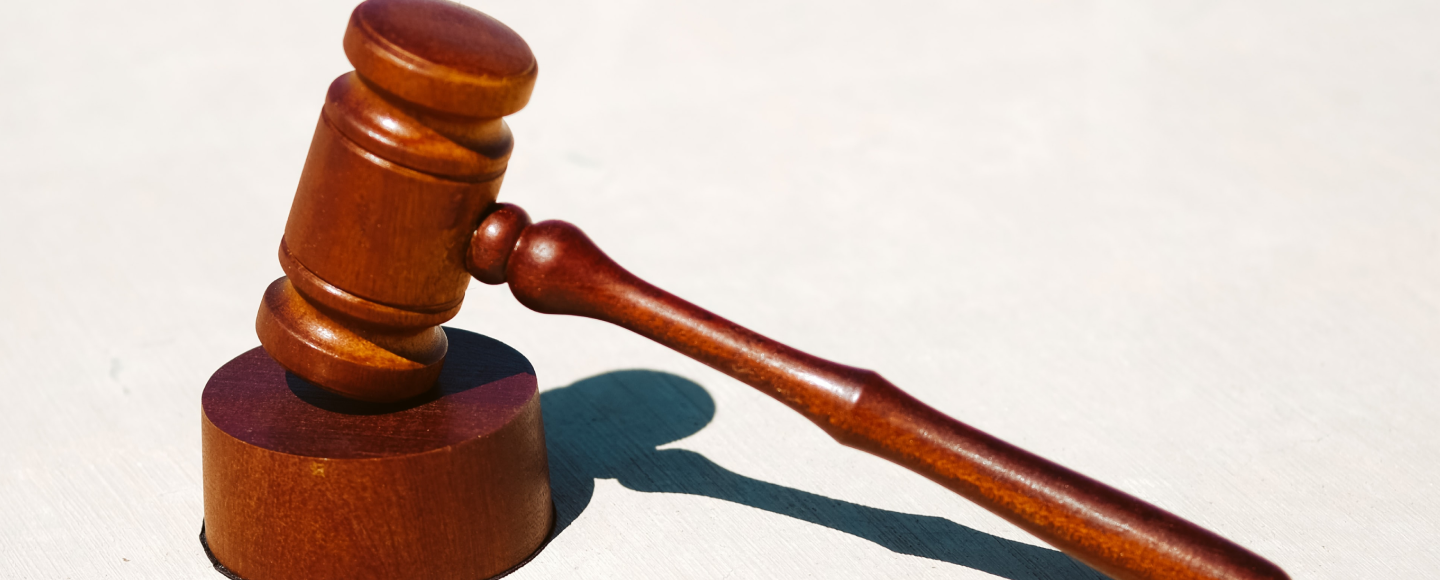Share
If you are facing a Level 2 judgment for Driving While Impaired because of a prior conviction within the preceding seven years, you may now be eligible for a limited driving privilege. This is a monumental change in the law. Just a few months ago, a Level 2 judgment could potentially result in a loss of driving privileges for up to four years.
Eligibility Under the New Law
Under the recently-enacted changes to North Carolina General Statute 20-179.3, a person sentenced to a Level 2 judgment may seek a limited driving privilege from the court if the following conditions are met:
- The applicant has been convicted of impaired driving under G.S. 20-138.1;
- At the time of the offense, the applicant held either a valid drivers license or a license that had been expired for less than one (1) year;
- At the time of the offense the person did not have an alcohol concentration of 0.15 or more.
- At the time of the offense, the applicant had within the preceding seven (7) years been convicted of not more than one (1) offense involving impaired driving;
- Punishment level three, four, or five has been imposed upon the applicant for the offense of impaired driving, or punishment level two has been imposed and the Grossly Aggravating Factor determined to impose punishment level two was the Grossly Aggravating Factor provided in G.S. 20-179(c)(1) (prior DWI conviction w/in 7 years);
- Subsequent to the offense, the applicant has not been convicted of, or had an unresolved charge lodged against the applicant for an offense involving impaired driving;
- The records of the Division of Motor Vehicles and the Clerk of Superior Court in this county have been searched, and there are no other revocations in effect at this time;
- The applicant has obtained and filed with the court a substance abuse assessment;
- The Court has been furnished a properly executed form DL-123 and is satisfied that the applicant is financially responsible, or the applicant has executed form DL-123A and is not required to furnish proof of financial responsibility.
Length of Coverage
Depending on the number and time between prior DWI convictions, this new privilege will be valid for different amounts of time. For example:
- Prior conviction inside of seven years but for which offense date is outside of three years of the current offense date
- One Year
- Previously a hard revocation of one year with no eligibility of an LDP
- One Year
- Prior conviction for which the offense date is within three years of the offense date of the current case (offense date to offense date, not conviction date to offense date)
- Four Years
- Previously a hard revocation of two years with only the possibility of a conditional restoration following a DMV hearing
- Four Years
- Two or more previous convictions, with the most recent conviction within five years of offense date
- Forever
- Previously a permanent revocation of driving privileges
- *Note that two prior convictions cannot both be within 7 years, which would elevate the sentence to Level 1 and render the driver ineligible for the privilege.
- Forever
Interlock Required
- One important facet of this Limited Driving Privilege is that it requires all driving to be done in either:
- A specific non-commercial vehicle with an interlock installed; or
- in a non-commercial vehicle owned and operated by the driver’s employer and solely for work-related purposes.
- The vehicle owner must also provide a written statement to the court authorizing the work-related driving to be done by the driver.
If you have received a Level 2 judgment or been convicted in the past, the circumstances surrounding your driving privileges may have changed. Contact us to find out how we can help restore your driving privileges, whether it’s based on past convictions or your current situation.
Effect of Other Revocations
One caveat to be mindful of is whether or not a driver is eligible due to concurrent “other revocations” in effect at the time. Other revocations, such as an unrelated revocation for speeding, refusal of chemical analysis, or alcohol restriction violation. While speeding charges (and thus their collateral suspensions) may be dismissed by the court or a prosecutor if associated with the DWI case at issue, a refusal revocation is a bit trickier; as it is triggered so close to the time of arrest, and generally must be addressed through the administrative procedures of the DMV.
Refusal Revocation
If you refuse to submit to a chemical analysis following a DWI arrest, you will face an automatic one year revocation for the refusal alone, and will not be eligible to apply for a limited driving privilege until six months have passed since the beginning of the revocation period (unless you successfully challenge the refusal at a DMV hearing). In this case, a driver may encounter a “double suspension” where they will have overlapping suspensions for both the DWI conviction, and for the refusal of chemical analysis. Thus, a Level 2 driver would be ineligible for relief under this new law until the end of their full one-year refusal revocation.
Alcohol Restriction Violation
Another limitation of the new Level 2 driving privilege appears to be the scenario in which a driver is still subject to the 3-year .04 BAC restriction imposed at the time of reinstatement following the prior DWI. Here’s an example:
DWI Offense 1:
- Offense Date: 01/01/2022
- Conviction Date: 07/01/2022
- Reinstatement Date: 07/01/2023
- .04 BAC Restriction End Date: 07/01/2026
DWI Offense 2 (with BAC .04 or higher but under .15)
- Offense Date: 01/01/2024
- Conviction Date: 07/01/2024
- 4-year Suspension (offense dates w/in 3 years)
- Separate DMV Suspension for Alcohol Restriction Violation: E.g. 05/01/2024 – 05/01/25 (depending on DMV processing time)
- End Result: Driver ineligible for new Level 2 driving privilege at time of conviction due to other suspension in place until 05/01/25, at conclusion of separate alcohol restriction violation suspension.
It is unclear whether this is an oversight on the part of the legislature, but it appears that no one with a prior DWI conviction less than four years prior to the second conviction date will ever be eligible for the new Level 2 privilege at the time of the second conviction, due to the timeline alone — one year suspension plus a 3-year alcohol restriction. That is, assuming the necessary affidavit supporting the alcohol restriction violation is, in fact, submitted to the DMV and acted upon. In our practice, we routinely see refusal cases that never result in a DMV suspension (even without a hearing), as well as alcohol restriction violations that are never imposed, so that is another nuance to the application of the new law that has to be evaluated on a case-by-case basis.
TL;DR: There are a number of scenarios in which a driver may appear to meet the criteria for the new Level 2 DWI driving privilege but in fact will be ineligible due to the “other suspension” exception to eligibility. Give us a call if you have a second DWI pending and you would like some assistance in determining your eligibility for a driving privilege under the new law.





